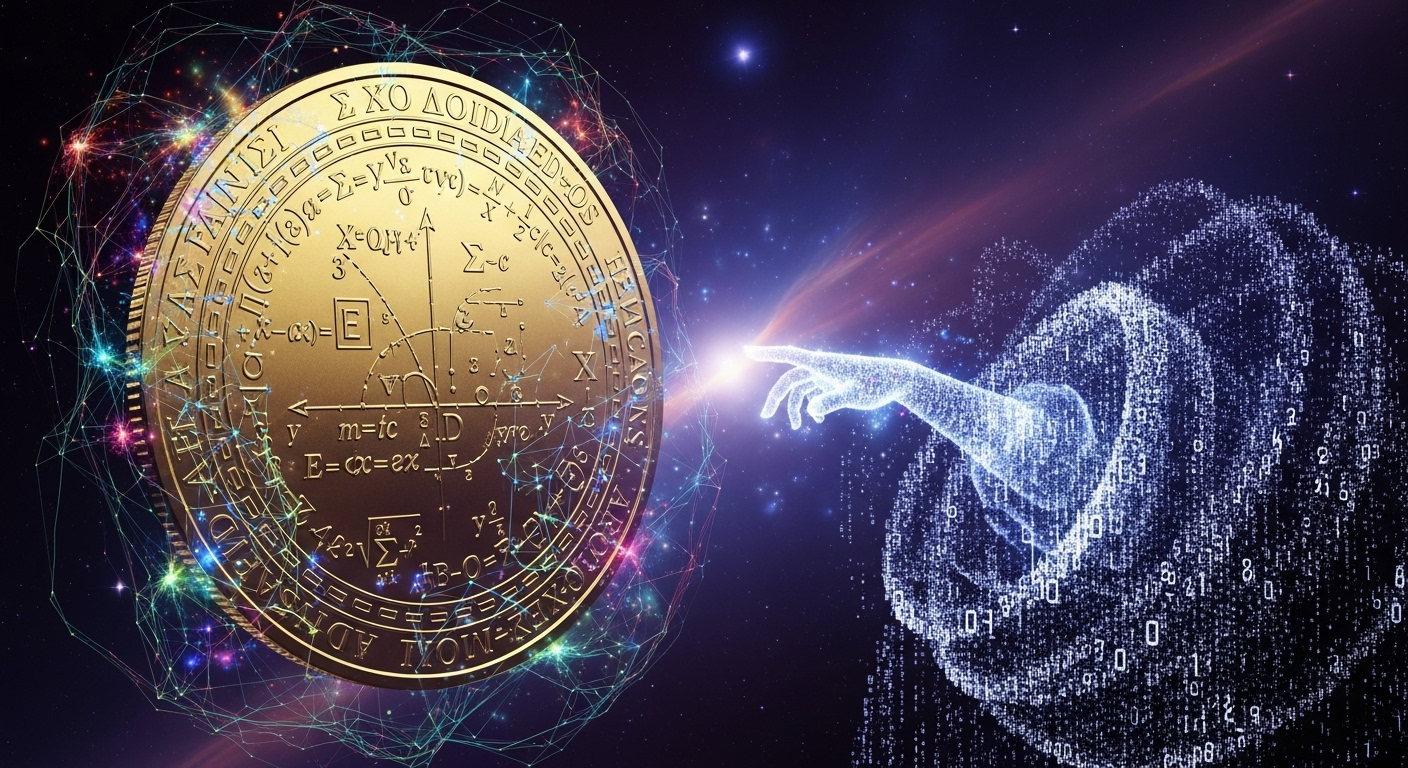What if I told you a computer just won a gold medal at one of the world’s most prestigious math competitions? No, this isn’t a scene from a sci-fi movie; it’s real life, and OpenAI just pulled it off. Seriously, an AI just aced the International Mathematical Olympiad. What does this mean for our future?
Yep, you heard that right. OpenAI, the folks behind some of the most mind-bending AI advancements, has reportedly snagged a gold medal at the International Mathematical Olympiad (IOM). If you’re not familiar, the IOM is basically the Olympics for math whizzes, where the brightest young minds from around the globe duke it out with insanely difficult problems. And now, an AI is standing on the podium.
For years, people thought advanced mathematics, especially the kind requiring creative problem-solving and deep intuition, was a uniquely human domain. We’re talking about proofs, elegant solutions, and thinking outside the box – not just crunching numbers. OpenAI’s achievement isn’t just about solving equations; it’s about demonstrating a level of mathematical reasoning that many believed was beyond artificial intelligence.
From Calculators to Creative Geniuses: The AI Evolution
Think about it: not too long ago, AI was impressive if it could beat us at chess or Go. Then came the era of generating text, images, and even code. But tackling the abstract, often non-linear challenges of high-level math? That’s a whole different ballgame. This isn’t just pattern recognition; it suggests a deeper understanding and an ability to construct novel solutions.
What Does This Gold Medal Mean for Us?
So, what’s the big deal for you and me? Well, for starters, it challenges our perceptions of what AI is truly capable of. Could this mean AI tutors that can genuinely help students grasp complex concepts, not just parrot answers? Absolutely.
And what about scientific discovery? Imagine an AI that can not only process vast amounts of data but also formulate new mathematical theories or prove long-standing conjectures. The implications for breakthroughs in physics, engineering, and even medicine are frankly mind-boggling.
On a personal note, as someone who still occasionally counts on their fingers for basic arithmetic, I’m simultaneously terrified and incredibly excited. My high school math teacher would be either incredibly proud or deeply confused.
Are Human Mathematicians Obsolete? Not So Fast!
Now, before you panic and declare the end of human ingenuity, let’s pump the brakes. This isn’t about replacing human mathematicians. Instead, think of AI as an incredibly powerful new tool. Just as calculators didn’t make mathematicians obsolete, AI can augment our abilities, helping us explore new frontiers in ways we never thought possible.
It frees up human minds to focus on the truly creative, the philosophical, and the ethical questions that only we can ponder. Or, you know, just enjoy not having to do long division by hand anymore.
OpenAI’s gold medal at the IOM is more than just a win; it’s a landmark moment. It’s a clear signal that the boundaries of artificial intelligence are expanding faster than many of us can keep up. The future of math, science, and perhaps even human thought, just got a whole lot more interesting. Are you ready for it?
